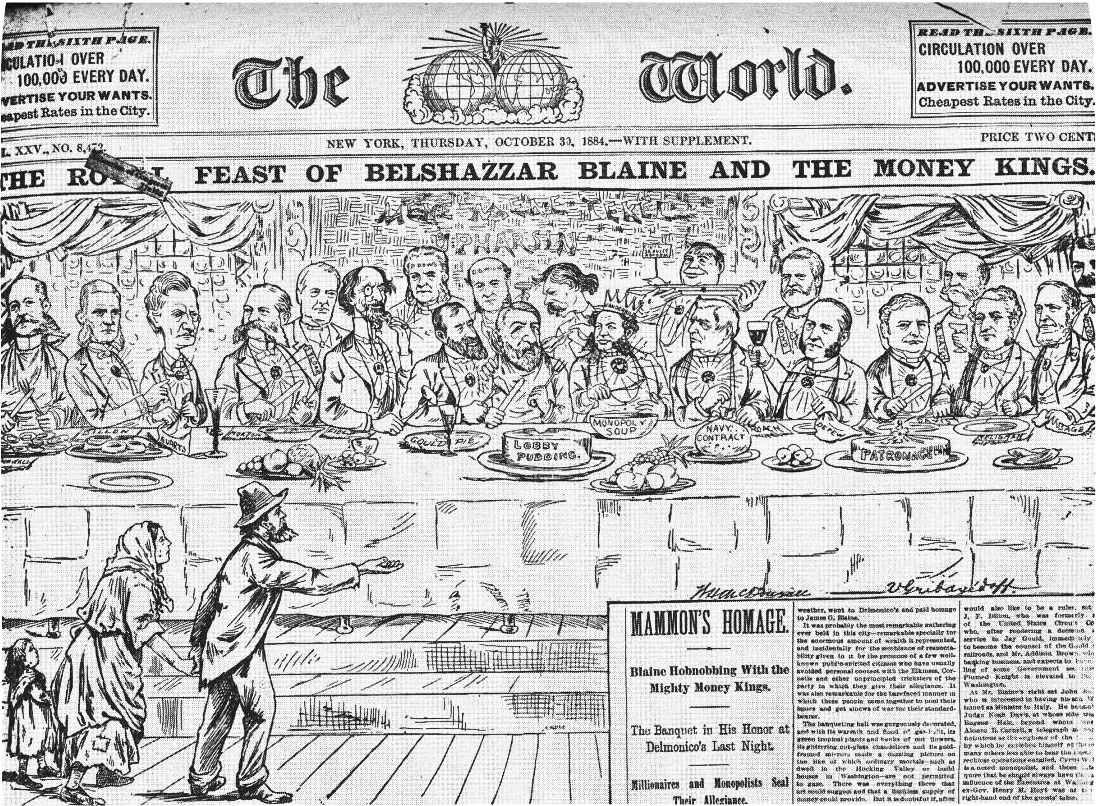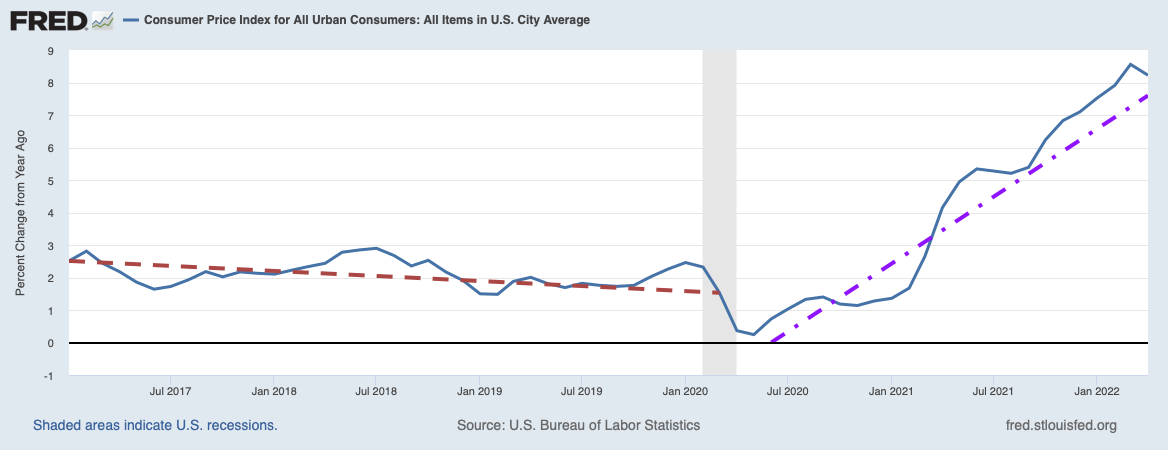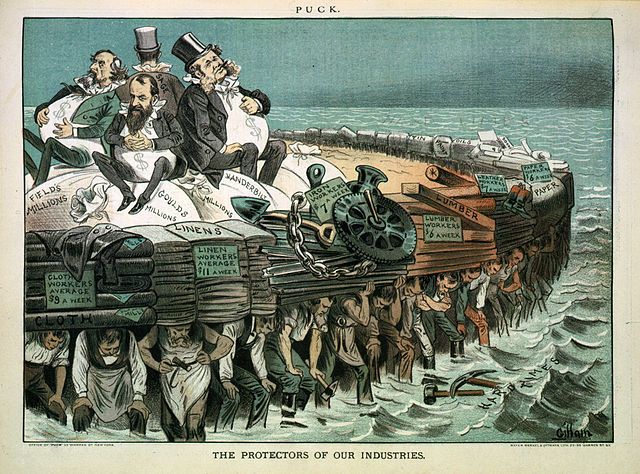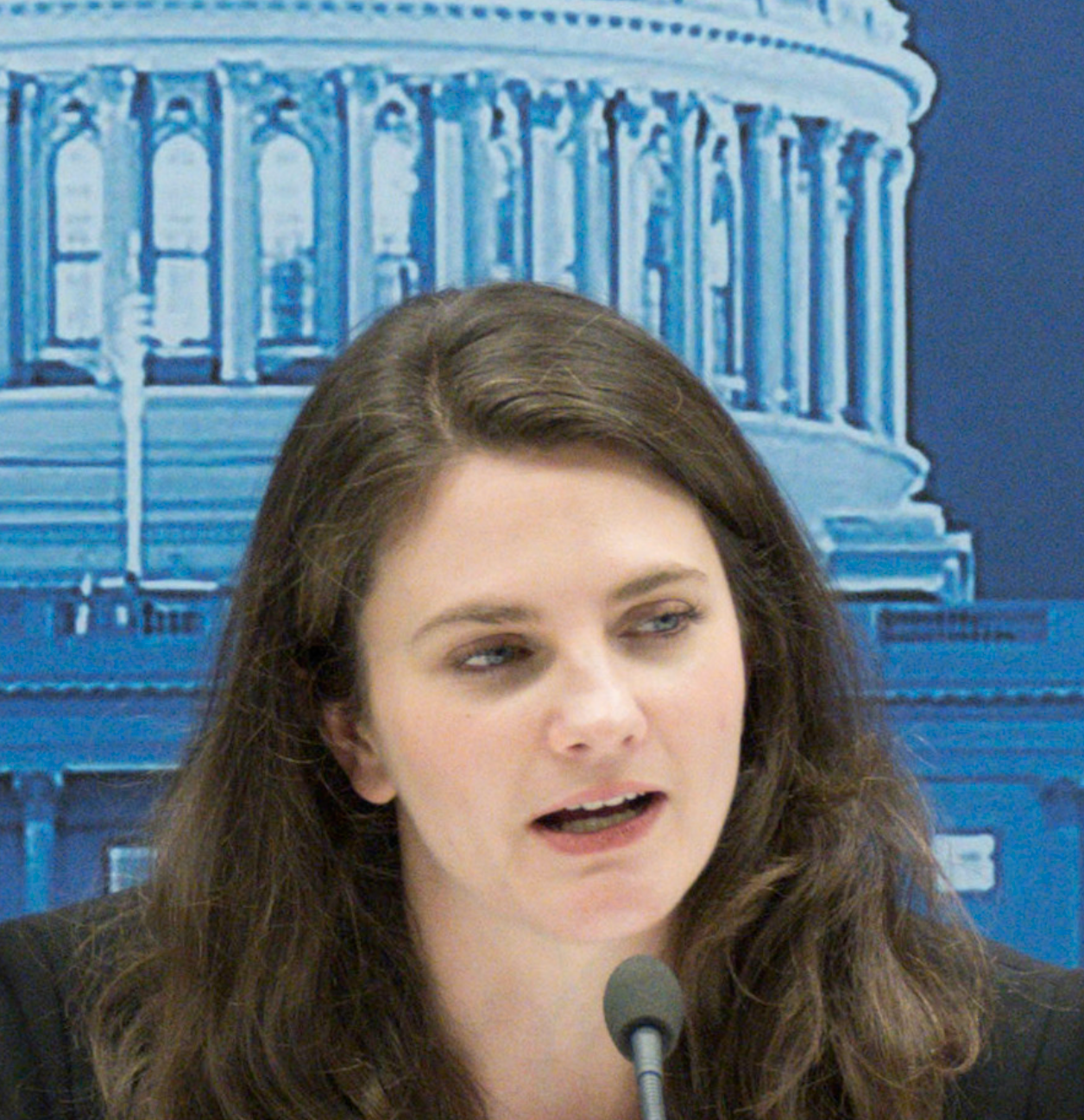Human Values and the Dictates of Reality
Are you ready for your soul to be weighed?
Morguefile.com / Southernfried
This is not an an essay on how human values and ethics are irreconcilable with Reality. At least not usually. Instead, its message is that if we somehow mistake what Reality allows, that old harridan will deny us what we need to support a just, economically bounteous society, whatever that means to each of us.
How the Left and Right Grate on Each Other’s Nerves
Given the hysterical hissy fit the American Left has been throwing since the election of President-Elect Trump, one would think the American Right was about to hurl us into a modern day Third Reich, ready to throw ethnic minorities into Nazi-style extermination camps. This reaction is more than moderately irritating to many of us neoliberal conservatives, as we seem to remember the definition of fascism somewhat differently from progressives.
On their part, American progressives are more than moderately perturbed by the conservative insistence that the federal government’s coercive power is not the best tool for solving most human problems. In their view, this right-wing attitude is prima facie evidence for how racist and how uncaring conservatives are toward the poor.
In short, progressives believe conservatives to be inhuman monsters, and conservatives believe progressives are idiots. Is there any wonder we are driving each other toward civil war?
A Broad Agreement on Human Values in the West
My impression is both those on the Left and the Right throughout the West share a general agreement on basic human values. Chalk it up to our common Judeo-Christian heritage, or to the cultural inheritance from the Age of Enlightenment, or to some mixture of the two. Either way, most of us, whether progressive or conservative, would prefer to see our fellow citizens prosper and lead a satisfying life. Most of us frown on theft, and on gratuitously causing pain to another human being. Virtually all of us despise our historical involvement with slavery, and earnestly desire equal opportunity for all citizens regardless of ethnic or racial heritage. Believe it or not, progressives, this is just as true for conservatives as for progressives.
In fact, what used to be called classical liberalism and now often goes under the rubric of neoliberalism arose from the Age of Enlightenment, aka the Age of Reason. The Age of Enlightenment began a questioning of the authority of the church and nobility-dominated governments over their citizens. From this, thinkers like John Locke developed a political philosophy emphasizing the rights of individuals separate and beyond whatever the state granted its citizens.

By Sir Godfrey Kneller – State Hermitage Museum, St. Petersburg, Russia, Public Domain
In a truly excellent essay, What is Classical Liberalism?, Dr. Nigel Ashford, a British political philosopher, tells us that to look at classical liberalism as purely a philosophy for laissez-faire free-markets and limited governments, while true enough as far as it goes, is
a rather impoverished and narrow idea of what classical liberalism is. It’s actually a comprehensive philosophy, a way of thinking about human society, human life, and the world. And as such, it has made major contributions in all of the different academic disciplines over the last 250 years or so.
He also listed seven basic ideas undergirding classical liberalism, of which I will abstract a few of the more important:
- The goal of human life in this world is “happiness, human flourishing, and wellbeing.” As Ashford notes in the present age in Western society this idea is hardly novel. However, in other times and areas of the world, other meanings for individual’s lives could be found, such as service to the state, obtaining military glory, or winning an advantageous place in the afterlife.
- Individual human beings “are distinct, separate, and self-governing.”
- Individual choices and the liberty to make those choices are the most important determinants of how society develops and advances.
- A great deal of the societal structure and order we see that helps determine social stability arises from low-level human interactions — not from conscious governmental design. Readers of this blog might well recognize the consequences of human society being a chaotic system.
None of these fundamental ideas seems conducive to forming the foundation for a fascist government. Nor would any person holding such opinions be unconcerned about the plight of their fellow human-being. Observing this, I am moved to suggest to both progressives and conservatives the vast majority of all Americans have a fundamentally altruistic interest in their fellow citizens.
How Reality Keeps Getting In Our Way
The problem we now have comes from how best to guarantee the welfare of our fellow citizens. As always, the Left insists this can only be ensured by the active involvement of the state, and in many affairs neoliberals, i.e. conservatives, would agree. Even those of us urging the minimization of government would admit we need government to act at least as a traffic cop. Some societal institution must enforce contracts for basic economic commerce to proceed. We must have law enforcement to keep the most base of us from killing us or stealing from us.
However, Reality has refused to cooperate with progressives. Rather than making social and economic problems better with government intervention, they have generally made matters worse. I will not go through the entire litany of progressive failure, but should you question the correctness of the last statement, I urge you to consider the contents of the following posts:
- Is Racism the Cause of Blacks’ Problems — Or Is Government?
- The Ferguson Effect
- The Burden of Economic Regulations
- The Debilitating Effects of Obamacare
- Causes of the 2007-2008 Financial Crisis
- Economic Effects of the Dodd-Frank Act
- The EPA, CO2, Mercury Emissions, and “Green” Energy
- Economic Damage Created by the Fed
- The Insuperable Problems of the Democratic Party
- The Corruption of the Democratic Party
- Progressives’ Disrespect for the US Constitution
- Big Corporations Abandoning the U.S. at an Increasing Rate
- Are We No Longer A Nation of Laws?
- The U.S. Federal Government Budget
- Dismal Economic Numbers
- The U.S. Is Drowning In Debt
- Labor Market Not Nearly As Good As People Think
- Why Isn’t the U.S. Economy Booming?
- Perspectives on Unemployment
- Are You Unconvinced Democrats Are Growing More Authoritarian?
What is a good progressive to do when despite their best intentions all their efforts turn to worms? The hearts of many progressives are in the right place (although I have my doubts about a great many of them), but nothing they do seems to work! What this seems to indicate is that a political movement needs a lot more than just good motivations. They also need a sufficiently accurate idea of what Reality will allow them to do.
John Maynard Keynes is widely reputed to have said, possibly apocryphally, “When the facts change, I change my mind. What do you do, sir?” Progressives should take this quotation to heart.
Views: 1,835






























